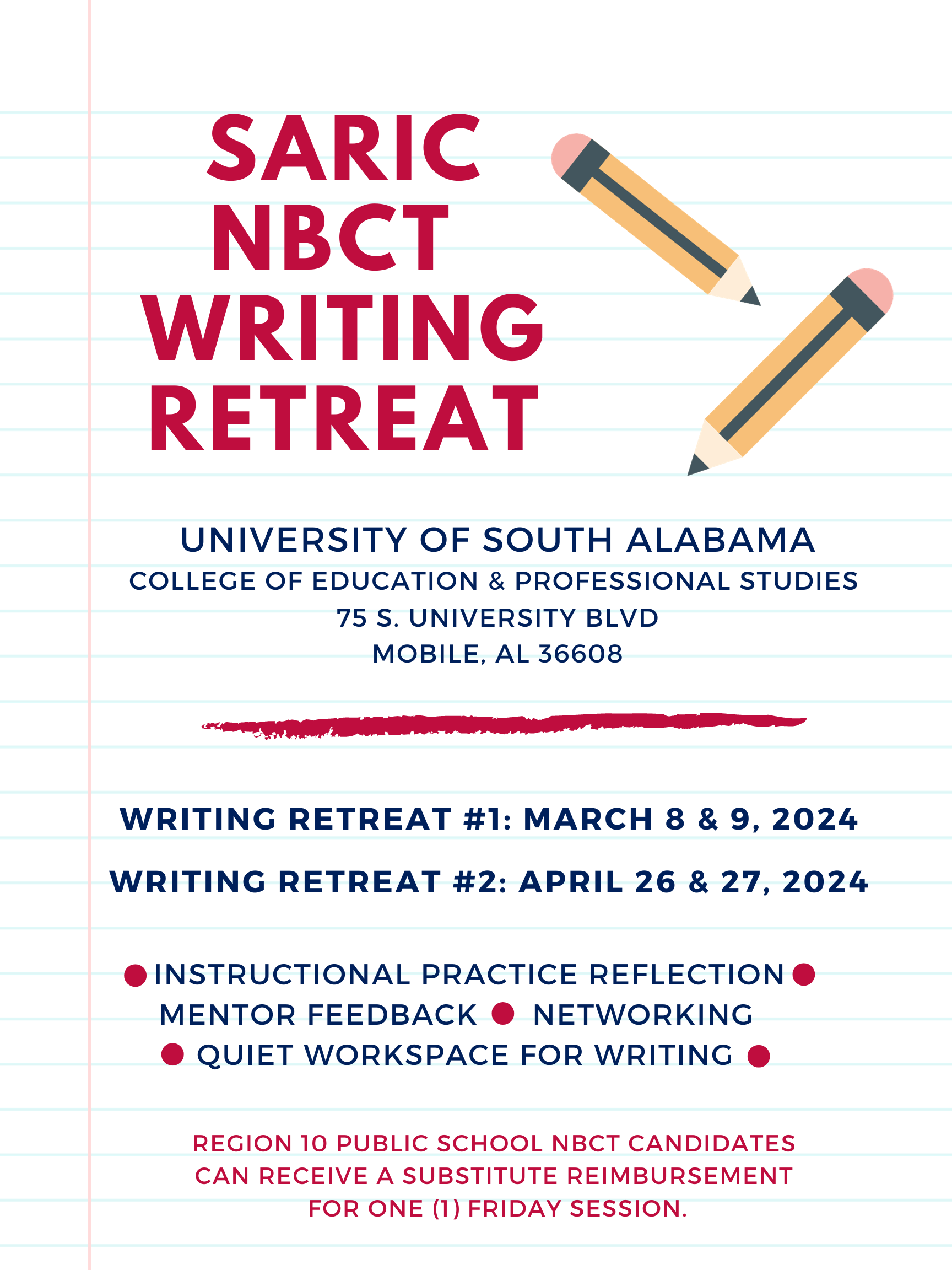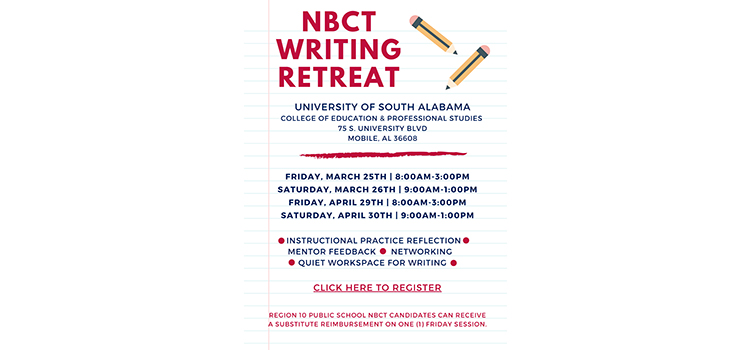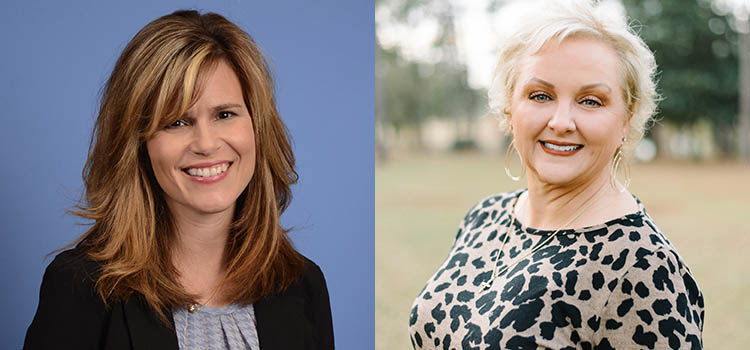FILM AND ARCHIVES OF WWII AND THE HOLOCAUST
Posted on August 23, 2016 by SARIC

A workshop by the Mémorial de la Shoah, Paris, France on Saturday, September 24, 2016
Alabama teachers register through STI-PD with number: SARIC#10100
Other attendees register at deborah.farnault@memorialdelashoah.org
Participating teachers will receive a Certificate of Attendance and Course Completion
Form for five and a half (5.5) contact hours.
Mobile History Museum - 111 S Royal Street, Mobile, AL 36602
A free one-day workshop for teachers and educators organized by the Mémorial de la
Shoah and hosted by the History Museum of Mobile, with the support of the Consulate
General of France in Atlanta, the Embassy of France in the United States, the Gulf
Coast Center for Holocaust and Human Rights Education, Spring Hill College, University
of Mobile, University of South Alabama, Mobile Public Library, Mobile Area Jewish
Federation, and SNCF.
This workshop is organized in conjunction with the presentation of “Filming the Camps,
from Hollywood to Nuremberg: John Ford, Samuel Fuller, George Stevens” at the History
Museum of Mobile, an exhibition curated by historian and film director Christian Delage,
designed, created, and distributed by the Mémorial de la Shoah (Paris, France), and
made possible through the generous support of SNCF.
SCHEDULE
9:30am–10:00am > Registration
Coffee, tea, and breakfast snacks will be provided.
10:00am–11:00am > “A First in History: Film as Evidence in the Nuremberg Trials”
Christian Delage’s lecture will focus on the double role that film played in the Nuremberg
trials. When the Allied forces of World War II formed an international tribunal to
prosecute Nazi war crimes, they introduced two major innovations to court procedure.
The prosecution projected film footage and newsreels shot by British, Soviet, and
American soldiers as they discovered Nazi camps. These images, presented as human
testimony and material evidence, were instrumental in naming and prosecuting war crimes.
At the same time, the Nuremberg tribunal was filmed so that the memory of “the greatest
trial in history” would remain strong in future generations.
11:00am–11:15am > Break
11:15am–12:15pm > Visit of the exhibition
Guided tour by curator Christian Delage.
12:15pm–1:15pm > Lunch Break
Lunch boxes and beverages will be provided.
1:15pm–2:15pm > “Collecting Archives of the Holocaust: from the CDJC to the Mémorial
de la Shoah”
A lecture by Jacques Fredj, who will give a broad historical context and introduce
the Mémorial de la Shoah’s mission since the creation of the CDJC, the Center for
Contemporary Jewish Documentation, in 1943.
2:15pm–2:30pm > Break
2:30pm–4:30pm > “The Vichy Regime, Collaboration and Antisemitism”
Henry Rousso’s lecture will present the main components of the Vichy regime, which
constitutes an exception in Nazi Europe. After the French military defeat in June
1940, and without any intervention from the Germans, Marshall Pétain, a prominent
figure of WWI, took the head of a dictatorship based on antidemocratic values. The
new regime abolished the Republican system and decided to cooperate with the Nazis.
Between 1940–1942, the Vichy Regime implemented its very own antisemitic legislation,
and between 1942–1944 contributed to the Final Solution. This episode left vivid and
lasting scars in French collective memory.
-

2024 NBCT Writing Retreat
In this session, educators will reflect on their praxis within the thr...
January 1, 2014 -

Classroom Management Series Spring 2024
Classroom Management Series is a three-part series led by Dr. Allan Al...
December 14, 2023 -

NBCT Writing Retreat
Instructional Practice Reflection, Mentor Feedback, Networking, Quiet ...
February 22, 2022 -

Informational Session: Alabama NBCT Scholarship
Please join Dr. Melissa Shields and Mrs. Kelly Lomax for a virtua...
February 2, 2021


